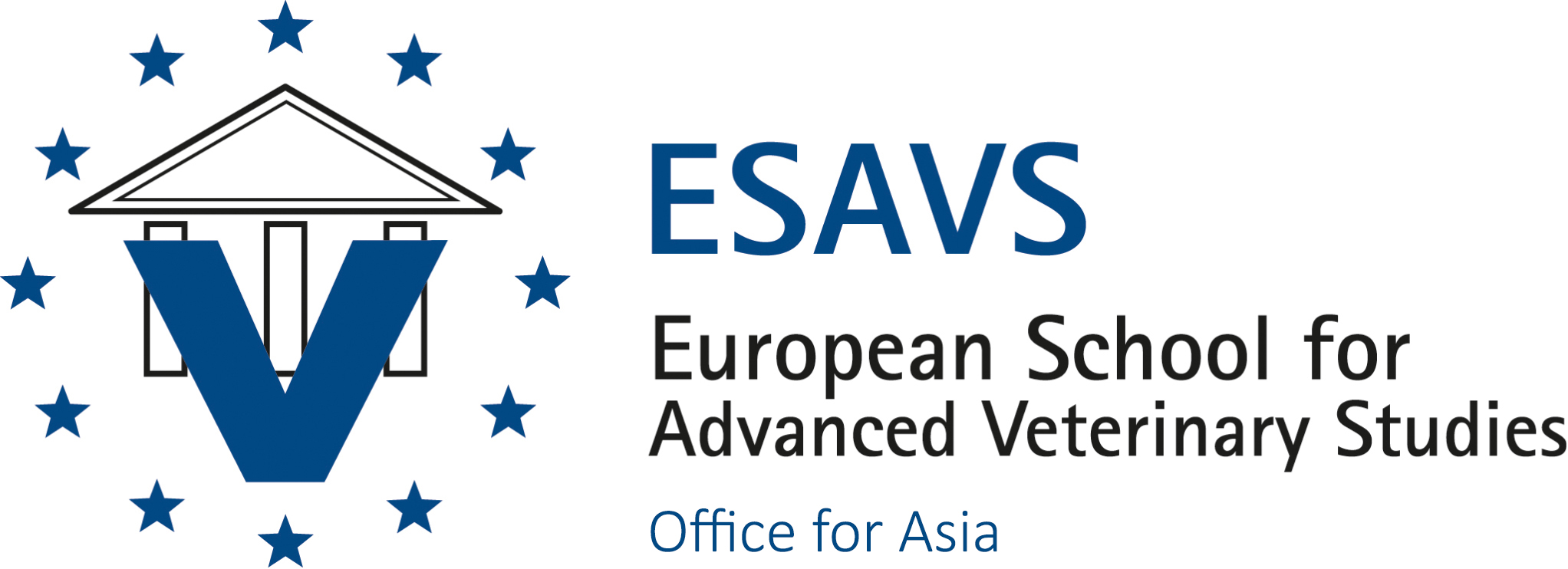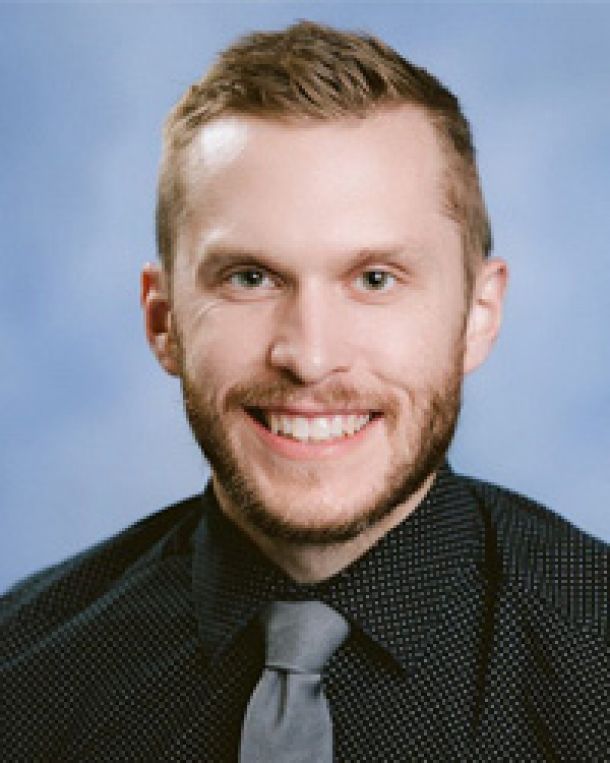Oncology 1:
Tumour Biology, Diagnostic and Treatment Options & Skin Tumours
15 - 19 April 2024 | Suzhou, China
General Overview
General Overview
Over the past decade, our knowledge of cancer in animals has increased rapidly. More and more veterinarians and clients are becoming open-minded about treating canine and feline cancer patients. “Oncology 1” will start with the diagnostic approach to the cancer patient, including biopsy taking, staging procedures, diagnostic imaging options as well as several practical cytology sessions. Further, there will be a detailed discussion of the three main treatment options (surgery, radiation therapy, chemotherapy) and of novel cancer drugs (e.g. tyrosine kinase inhibitors (Palladia™, Masivet™), Stelfonta™, metronomic chemotherapy). Management of side effects and safe handling of chemotherapeutic drugs will be explained in detail.
“Oncology 1” will address neoplasms of the skin and adnexal structures in detail as they are the most common tumours in clinical practice. A major emphasis of the course will be on interactive and case oriented work using a systematic approach to the cancer patient including recognizing symptoms, interpreting radiographic findings, choosing correct staging procedures and formulating a therapeutic plan.
“Oncology 1” will start from scratch and provide a very solid basis of oncological principles and skin tumours. It is ideal for veterinarians with little or no previous knowledge in veterinary oncology, but also suitable for people, who want to deepen their understanding. This course includes both medical and surgical oncology (including surgical techniques) and is therefore ideal for candidates interested in either or both.
“Oncology 2” and “Oncology 3” will build up on this seminar and address all the remaining tumour systems in great detail. As in Oncology 1, there will be a major focus on interactive case management and there will be a balance between both medical and surgical oncology.
Oncology 1 is mandatory before continuing on to the next courses. Oncology 2 and Oncology 3 can be taken in any order. Oncology 4 can be taken only after completion of all Oncology modules.
Important Note:
Cytology will be done with videos. Students must bring a laptop/tablet/phone for self-studying cytology. A laptop or tablet is preferred. Bring travel adapters and/or chargers.
Topics:
- Tumour biology 101 for clinicians
- Diagnostic imaging and tumour staging strategies
- Biopsy techniques: theory and practice
- Tumour cytology: theory and practical sessions (dry-lab: videos)
- Paraneoplastic syndromes
- Understanding indications, limitations and risks involved with chemotherapy
- How to safely administer chemotherapy
- How to use the tyrosine kinase inhibitors Palladia™ and Masivet™
- How to use Stelfonta™ (Virbac) (EMEA licenced in 2020)
- Principles of surgical oncology including reconstruction in oncologic surgery
- Principles of radiation oncology
- Important skin tumours in dogs and cats
- Interactive case management sessions
Language
This course will be held in English language with consecutive translation in Chinese.
CPD Hours: 40
ECTS credits (Master & Certificate): 4 (+1 ECTS when completing the Distance Learning)
Tuition Fee: 1.350 - 2.350 EUR
Course Language: English with consecutive translation in Chinese
Sunday, 14 April 2024
Prerecorded Lectures
08:30 – 09:00 Welcome and registration
09:00 – 10:20 The road from normal to cancer: how & why do normal cells become cancerous…and what does that mean? (Schmidt)
Part 1: 45 mins
Part 2: 35 mins
10:20 – 10:50 Coffee Break
10:50 – 11:20 The road from normal to cancer: how & why do normal cells become cancerous…and what does that mean? (Schmidt)
Part 3: 28 mins
11:20 - 12:20 Diagnostic approach to the cancer patient
12:20 – 12:45 Cancer staging: principles, practice, limitations (Schmidt)
12:45 – 13:45 Lunch Break
13:45 – 15:15 Introduction to chemotherapy (Schmidt)
Part 1: Chemotherapy Principles (30 mins)
Part 2: Chemotherapy Practices (60 mins)
15:15 – 15:45 Coffee Break
15:45 – 17:00 Basic principles of radiation oncology (Schmidt)
Quiz of today’s lectures (Schmidt)
Monday, 15 April 2024
08:30 – 09:00 Welcome and registration
09:00 – 10:00 Q&A of prerecorded lectures and review (Schmidt)
Taking good samples for cytology (Schmidt)
10:30 – 11:00 Coffee Break
11:00 – 12:30 Tumour cytology: getting started (Schmidt)
12:30 – 13:30 Lunch Break
13:00 – 15:30 Tumour cytology practice I (videos) (self-study)
15:30 – 16:00 Coffee Break
16:00 – 17:00 Review of cytology videos (Schmidt)
Tuesday, 16 April 2024
09:00 – 10:30 Brief summary of chemotherapy principles (Schmidt)
Chemotherapy drugs (Schmidt)
10:30 – 11:00 Coffee Break
11:00 – 13:00 Chemotherapy administration & complications (Schmidt)
13:00 – 14:00 Lunch Break
14:00 – 15:30 CASE-SESSION: How do I manage this chemotherapy side effect? (Schmidt)
16:00 – 16:30 Coffee Break
16:30 – 17:30 Metronomic chemotherapy: hype or hope” (Schmidt)
Wednesday, 17 April 2024
09:00-:10:30 How do I biopsy masses for histological examination and how do I get the best results from the pathologist? (Piegols)
10:30 – 11:00 Coffee Break
11:00 – 12:30 Principles and practice of QoL- and pain-assessent and pain management & palliative care for cancer patients (incl. feeding tubes, nutrition, etc) (Piegols)
12:30 – 13:30 Lunch Break
13:30 – 15:45 Case-based approach to surgical oncology (including Coffee Break) (Piegols)
15:45 – 16:15 Coffee Break
16:15 – 17:30 Canine & feline skin tumours: overview & general approach (Piegols)
Thursday, 18 April 2024
09:00 – 10:45 Case management session (Piegols): Canine & feline soft-tissue sarcomas
10:45 – 11:15 Coffee Break
11:15 – 12:45 Case management: Squamous cell carcinomas (digit, skin, nasal planum) & melanomas (digit, skin) in dogs (Piegols)
12:45 – 13:45 Lunch Break
13:45 – 15:00 Case management: Canine anal sac and perianal tumours (Piegols)
15:00 – 17:30 Practical tumour cytology II (videos, self-study) (incl. coffee break)
Friday, 19 April 2024
08:00 – 09:00 Practical tumour cytology II (videos, self-study)
09:00 – 10:00 Tumour cytology practice II (videos) (review) (Schmidt)
10:00 – 11:00 Paraneoplastic syndromes (Schmidt)
11:00 – 11:30 Coffee Break
11:30 – 13:00 Canine mast cell tumours: epidemiology, biology, diagnosis, staging, histology, prognostic factors, principles of surgery, decision-making (Piegols)
13:00 – 14:00 Lunch Break & hotel check out
14:00 – 15:30 Drug treatment of canine mast cell tumours: tyrosine kinase inhibitors chemotherapy, Stelfonta (Virbac)
15:30 – 16:00 Coffee Break
16:00 – 16:45 Case management: Feline cutaneous & splenic mast cell tumours (Schmidt)
16:45 to end Feedback, Q&A, Certificates & wrap-up of the course
Course Location
Feelloom Hotel,2F
No.461 Ganjiang East Road, Suzhou, China
Registration and Fees
Discount tuition fee for Thailand, Indonesia, Philippines, Malaysia, India, Sri Lanka, China, Pakistan, Lebanon and Vietnam: EURO 1.450,–
Early registration: Euro 1.350,--
(Deadline for FULL early registration payment: 15 January 2024)
Discount tuition fee for Macao, South Korea and Taiwan: EURO 1.850,–
Early registration: Euro 1.750,-
(Deadline for FULL early registration payment: 15 January 2024)
Tuition fee for Europe, Singapore, Hong Kong, Australia, New Zealand, United Arab Emirates, Canada, USA and Japan: EURO 2.350,–
Early registration: Euro 2.250,-
(Deadline for FULL early registration payment: 15 January 2024)
Related Courses
| Oncology 1: Tumour Biology, Diagnostic and Treatment Options & Skin Tumours (Course 1/5), Bali/Indonesia, Dr. Schmidt | 18. - 22. Aug 2025 | |
| Oncology 3: Tumours of the Respiratory and Urogenital Tract, Endocrine & Miscellaneous Tumours (Course 3/5), Bali/Indonesia, Dr. Schmidt | 24. - 28. Aug 2025 | |
| Oncology 1: Tumour Biology, Diagnostic and Treatment Options & Skin Tumours (Course 1/5), Beijing/China, Dr. Schmidt | 27. - 31. Oct 2025 |
For payment via Bank Transfer or Paypal please contact the ESAVS Office for Asia:
If you have any questions regarding the registration or any other further details for the courses in Asia please contact the ESAVS Office for Asia:




